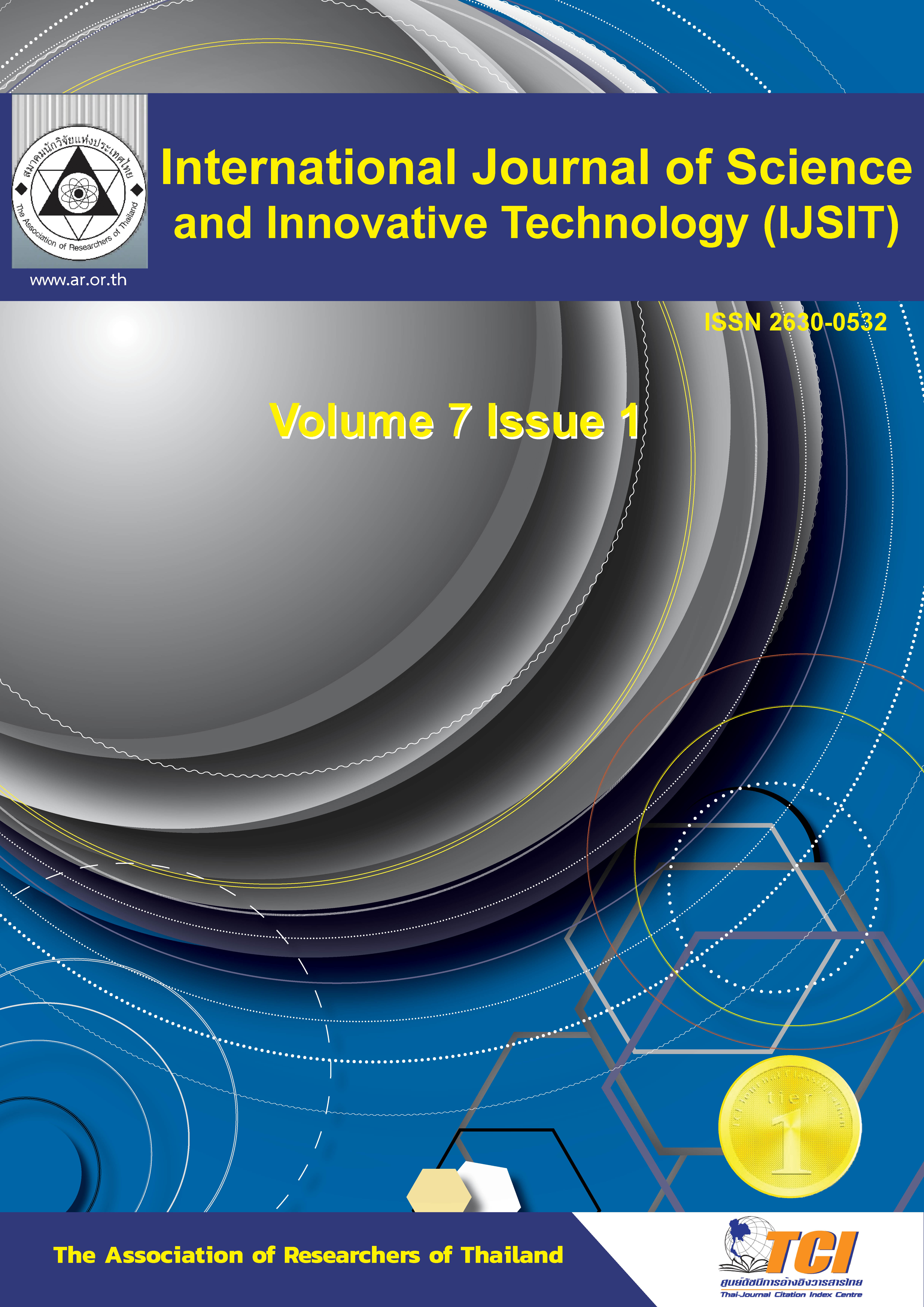Low Carbon Agroforestry Farm Innovation with Planet Civilization for Sustainable Development
Main Article Content
Abstract
Research objectives to develop an innovative model for low-carbon agroforestry farms in accordance with the Noble Way of Sustainability according to the 5P principles, which covers all 17 SDGs according to the goals of the United Nations, including People Prosperity Planet Partnership and Peace for residential condominium communities. The research method was carried out in the study area, namely the community in the Lumpini Seaview Jomtien residential condominium, Nong Prue Subdistrict, Bang Lamung District. Chonburi Province Between October 2022-October 2023. The target group is 10 community officials and 30 community household members residing in condominiums in the area participating in project activities. The method of collecting research data is from focus group discussions. small group discussion In-depth individual interviews, observation and documentary research. and data quality checking uses the principle of triangulation. and analyze data The study found that the model of low-carbon agroforestry farms innovation, consist of (1) the planting 5 zones as follows Zone: HAF Hole or Veggie and Compost, Zone: HAF Climber, Zone: HAF Fruits, Zone: HAF Herbs, Zone: HAF Sprouts (2) Natural Agriculture Learning Center "Organic agroforestry reduces carbon" (3) Sustainable green sharing system (4) Planting seedlings rental system in Zone: HAF Sprouts for consumption or grow additional income for community and the seed supply chain certified by organic organizations to enhance income for local Thai farmers network (5) Low carbon agroforestry farm analysis system by the network agency in the QAR project. Benefits of innovation in physical, mental, social, intellectual, economic, and environmental health.
Article Details

This work is licensed under a Creative Commons Attribution-NonCommercial-NoDerivatives 4.0 International License.
References
(1)Phra Dhamma Sakyawongwisut. 2022. 5 principles of civilizations, photocopied document. World Buddhist University. Cited in Phra Dhamma Sakyawongwisut and others. Agricultural civilization society leading to society. “Longevity Economy” and “Longevity Dividend” analytical approaches to study the connection Photocopied documents. World Buddhist University.
(2)Phra Dhamma Sakyawongwisut. 2022. Sustainable development-The contradiction within. World Buddhist University. Cited in Phra Dhamma Sakyawongvisut.
(3) Drucker, P. F. 2002. The discipline in the innovation. Harvard Business Review, 80, 95-104.
(4) Schilling, M. A. 2008. Strategic management of technological innovation (2nd ed.). New York,
NY: McGraw-Hill Education.
(5) Utterback, J. M. 2004. The dynamics of Innovation. Edu Cause Review, 39(1), 42


